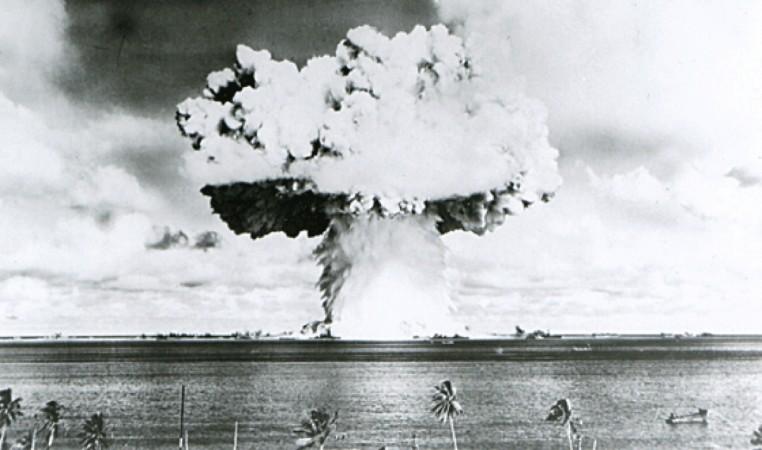
Citizens will no longer be allowed to any information about nuclear weapons stockpile or details on their testing through an RTI application after the Strategic Forces Command was added to the list of 25 organisations excluded from the purview of the RTI Act, except for information pertaining to corruption or human rights allegations.
The Strategic Forces Command (SFC) has responsibility of the process of delivering nuclear weapons and warheads in the event of a planned strike and as per protocol initiates instructions to the Nuclear Command Authority that works under the command of the prime minister.
The SFC also manages jurisdiction over both land and sea based nuclear armed ballistic missiles as it manages the tactical and strategic nuclear stockpile of the country. It also governs the testing of nuclear missiles like Agni-4 and Agni-5, according to a report by the Times of India.
Adding nearly 300 more public authorities by the end of the year to the existing 500 authorities to which RTI's can be filed online, this is an exception to the approach of the Union government which has been actively trying to broaden the access to RTI by adding public authorities. Newer authorities added to the the online RTI portal include public sector financial institutions and banks, all the zones under railways ministry and its PSUs, Maharatnas and Navratnas PSUs, central universities and educational institutions.
This is the first addition by the Narendra Modi government since the previous UPA regime added three more in 2011 to the list of public authorities that are exempted from the purview of the RTI. The Central Bureau of Investigation (CBI), the National Investigation Agency (NIA) and the National Intelligence Grid (NATGRID) were added to the list of exempted public authorities.
Incidentally last year, a man who felt entitled after paying the modest statutory fee of Rs. 10 filed an RTI application seeking access to the nuclear launch codes. This was revealed after Vivek Kumar, deputy secretary at the Prime Minister's Office (PMO) and an Indian Foreign Services (IFS) officer, tweeted about the incident.
Though it was never officially confirmed, the request was presumably denied under section 22 of the law, which states that "The provisions of this Act shall have effect notwithstanding anything inconsistent therewith contained in the Official Secrets Act, 1923." After the removal of the Strategic Forces Command from the purview of the RTI, the official secrets act may not be invoked in the future.

















